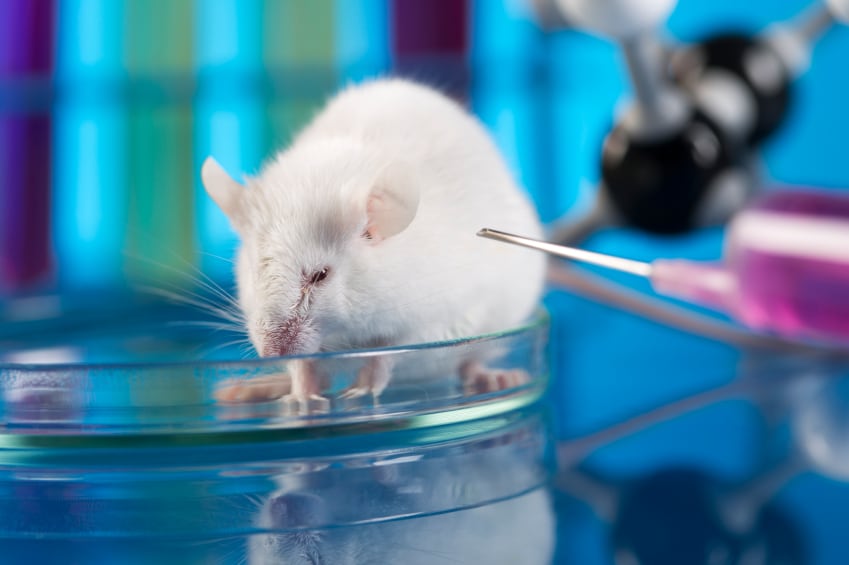The findings could prove valuable in alleviating the symptoms of mental disorders such as schizophrenia or depression, in which probiotic preparations could potentially be used as a treatment.
The gut-brain axis forms the core of an emerging research field known as gastroneuroenterology. Research suggests both systems communicate via hormones, metabolic products or direct neural connections.
Study details

Researchers from the Max Delbrück Center for Molecular Medicine in the Helmholtz Association (MDC) in Germany discovered this latest finding by ‘turning off’ the gut microbiome in mice, using antibiotics.
These mice then developed significantly fewer nerve cells in the hippocampus region of the brain. In addition, the researchers observed a deterioration of the mice’s memory, a consequence of fewer new brain cells being formed.
Central to these findings was the function of special immune cells in the brain called Ly6C(hi) monocytes.
When researcher Dr Susanne Wolf removed these cells from the mice, new brain cell formation decreased. Implanting these cells back into the mice that had received antibiotic treatment resulted in new brain cell formation once again - known as neurogenesis.
"With the Ly6C(hi) monocytes, we may have discovered a new general communication path from the periphery to the brain," said Wolf.
"It is possible that similar effects could result from treatments involving long-term use of antibiotics," she added, referring to findings that did not show all antibiotics disrupted brain function, when applied to humans.
The combination of drugs used in the study was extremely potent and could have affected neurogenesis directly, and not via the gut bacteria.
Gut-brain gossip

Growing evidence suggests that gut microbial composition may direct the character and level of an immune response in the brain.
Recently it was shown that gut microbiota could shape the maturation and function of the immune cells of the central nervous system.
More significantly, a link among neuropsychiatric disorders, neuroinflammatory components, and gut microbiota dysregulation was suggested.
“The lack of gut flora may determine neurogenesis levels, and additional factors also play an important role,” the study commented.
“Therefore, we hypothesized the presence of a common mediator, which signals from the periphery to the brain, and that this messenger is affected by antibiotics and can be restored by exercise and probiotic treatment.”
“Based on our data from the depletion and in vitro experiments, we propose that Ly6Chi monocytes serve as a link between the gut and the brain, contributing to the modulation of neurogenesis in health and disease.”
Source: Cell Reports
Published online ahead of print, doi.org/10.1016/j.celrep.2016.04.074
“Ly6Chi Monocytes Provide a Link between Antibiotic-Induced Changes in Gut Microbiota and Adult Hippocampal Neurogenesis.”
Authors: Luisa Möhle et al.
